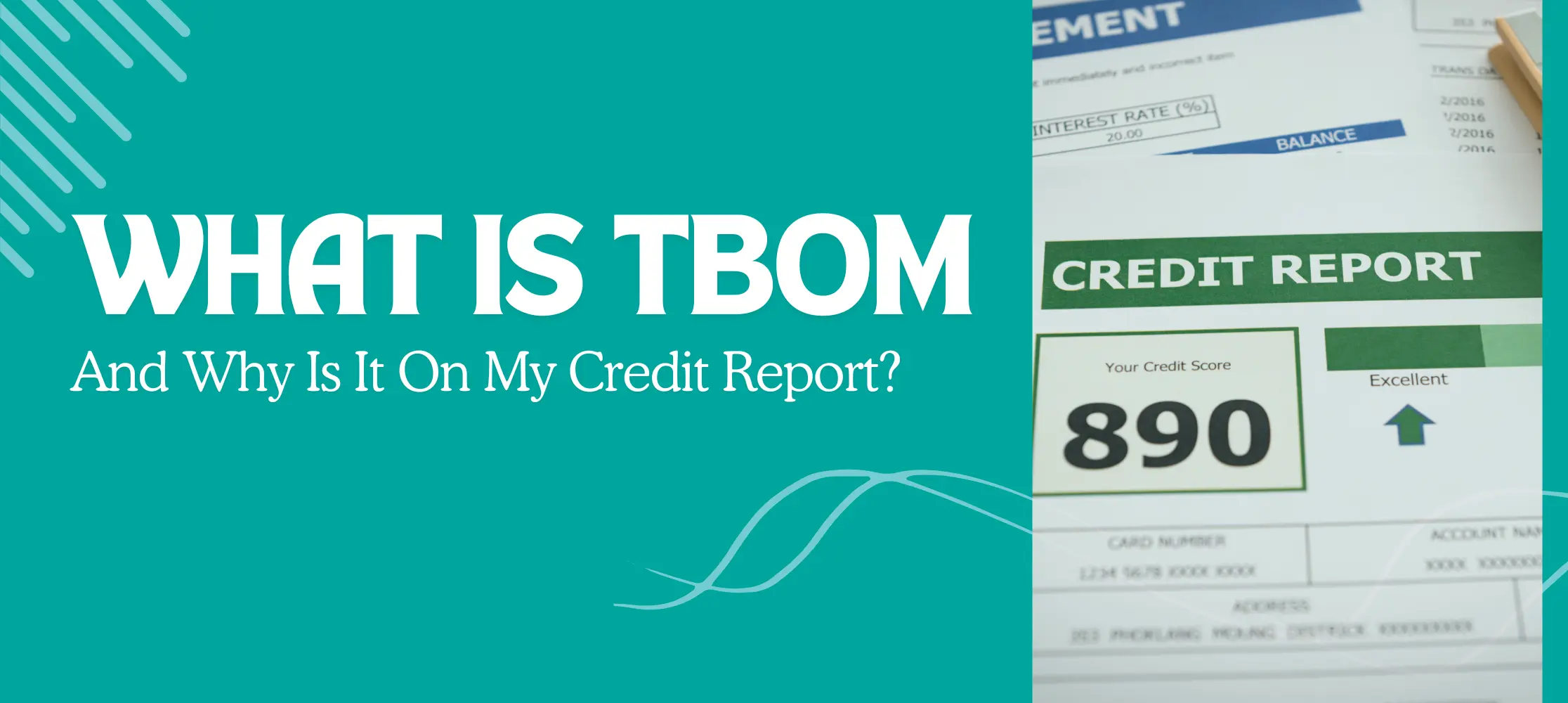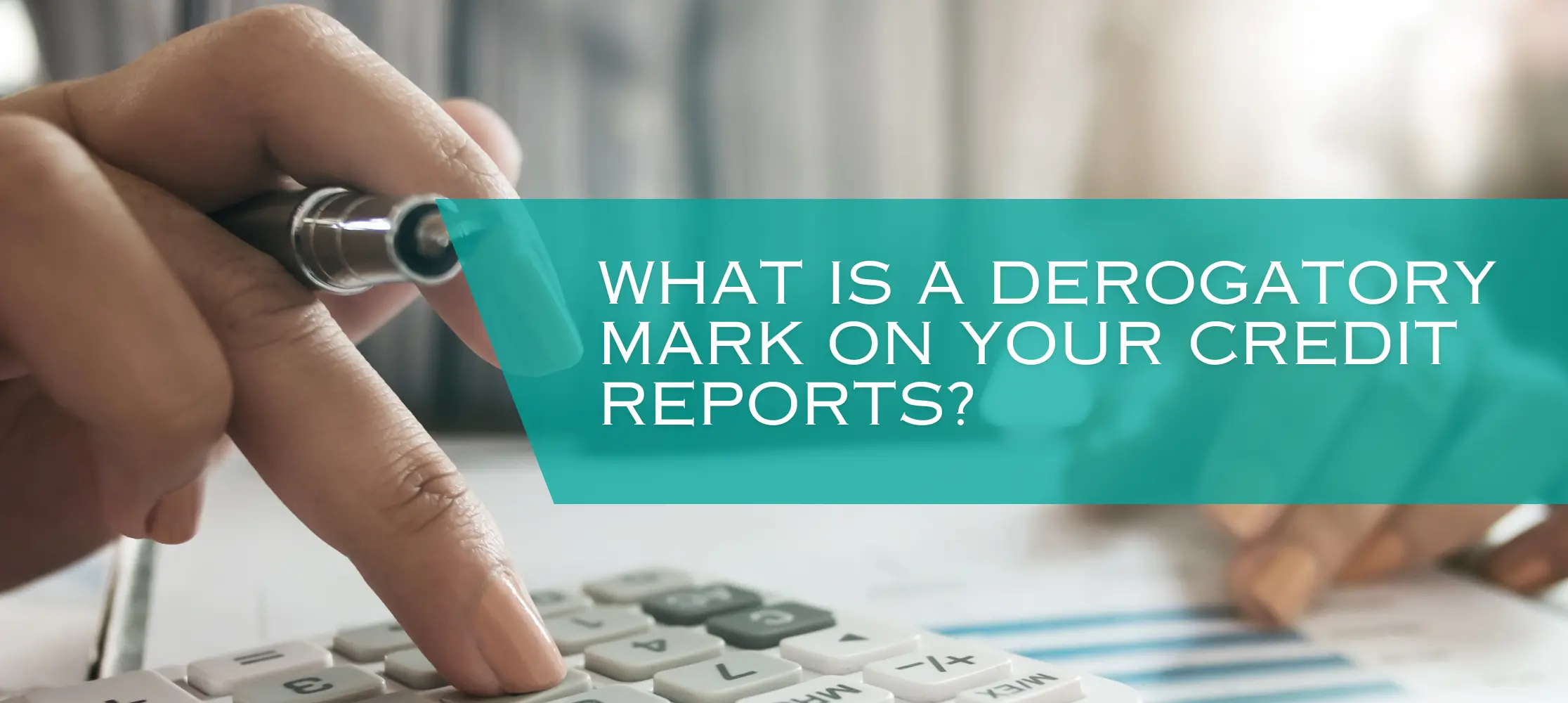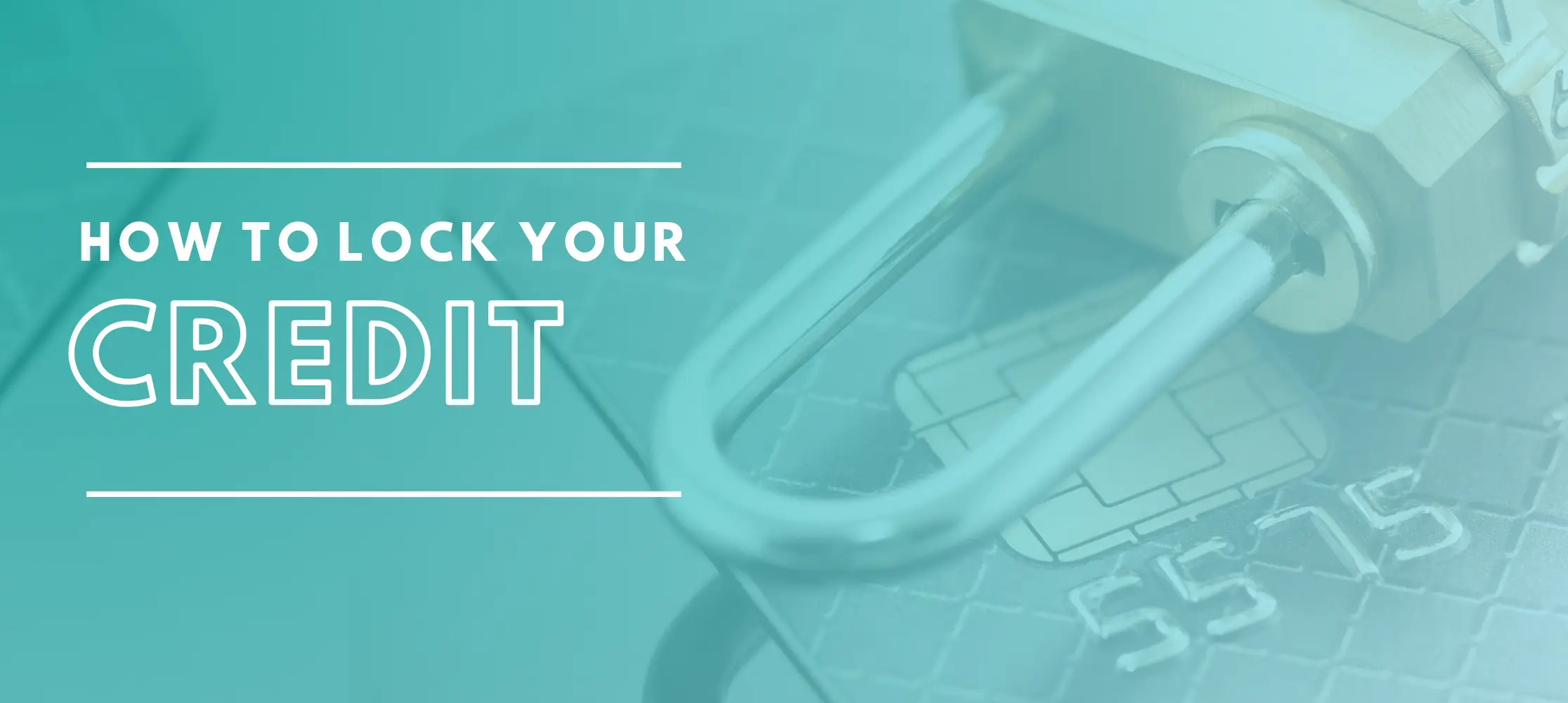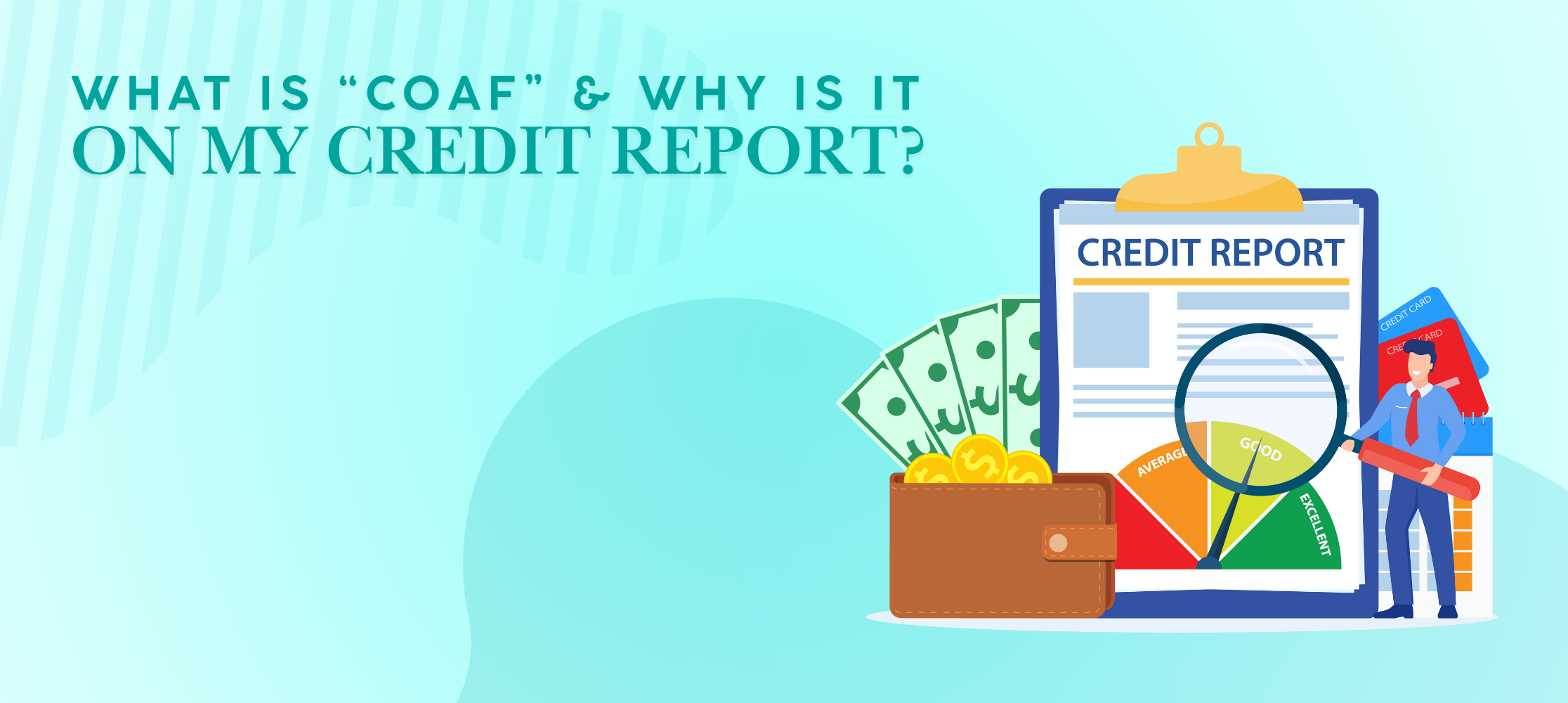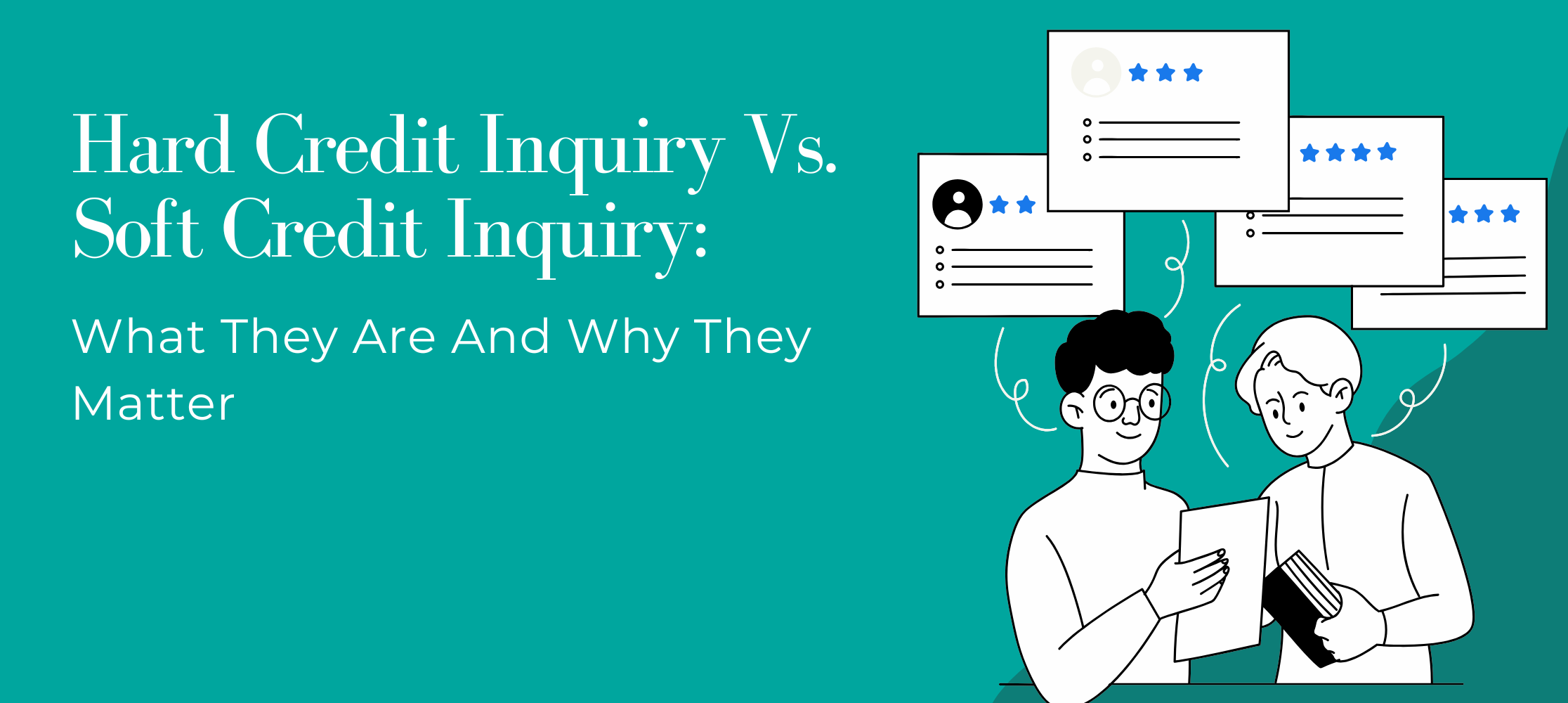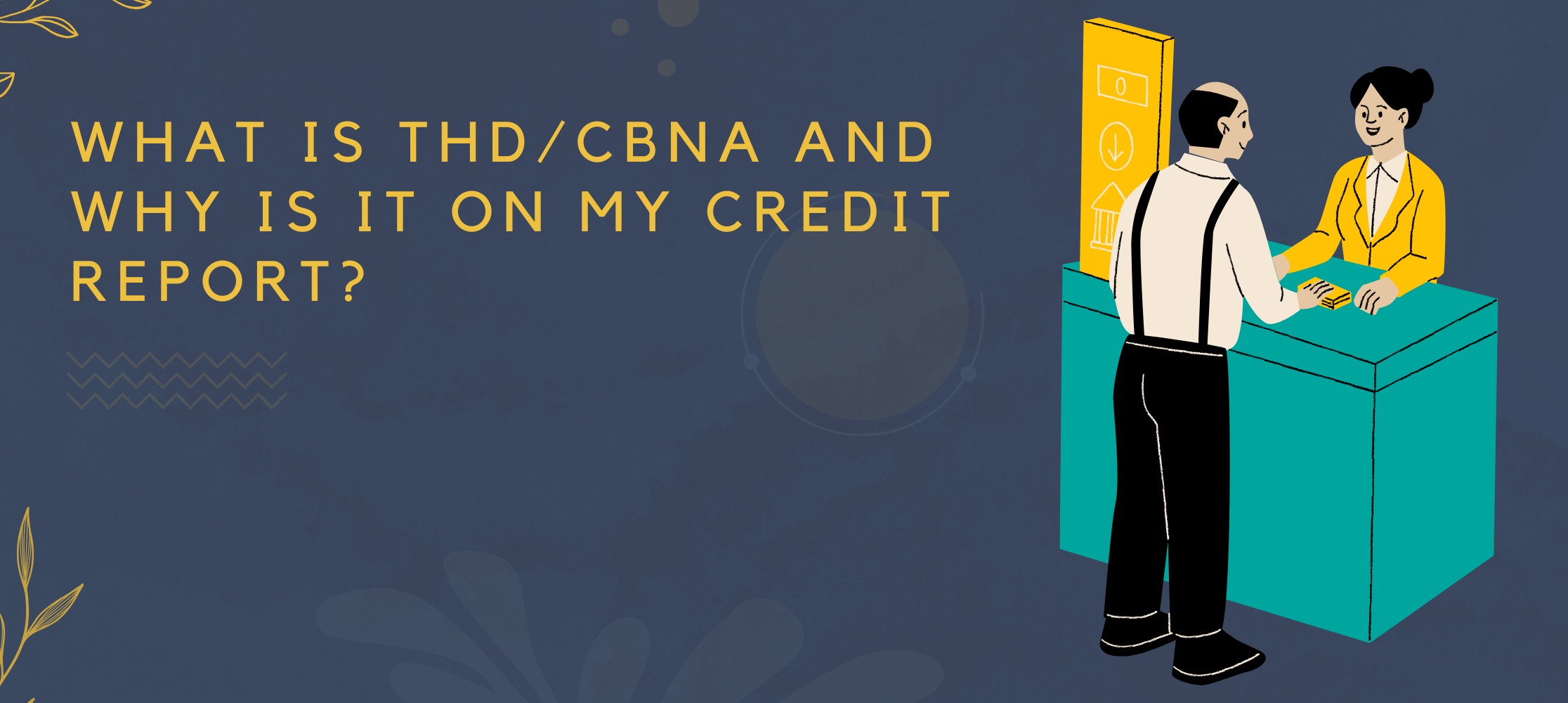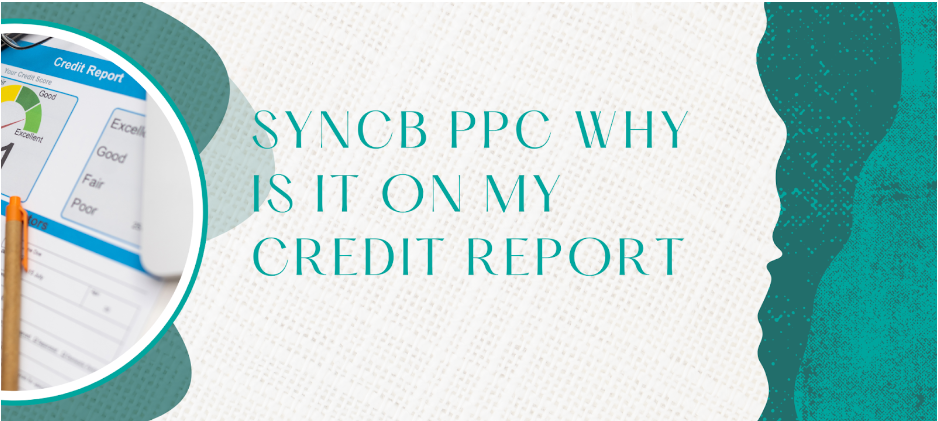Personal short term small business loans are an easy way to borrow small or huge chunks of money. This amount can be used to cover multiple expenses, such as a vacation, a funeral, a wedding, a medical bill, and more. Typically, lenders disburse funds straight to your bank account so that you can start using the money as soon as you want. Many lenders will even get you funded on the same day you get approved.
If you wish to know more about these short-term loans, then you have landed on the right blog. Below, we have shared some insights regarding some of the best short term loans. So, let’s get down to it, shall we?
Top 5 Best Short Term Personal Loans
#5 – Upstart Personal Loans – Best For No Credit History
Upstart is one of the best short term loans online platforms that specialize in auto refinance and personal loans. As per their website, 99 percent of approved applicants have gotten their funding in a business day. However, applicants might also get their funding in less than 24 hours, making it possible for same-day payment.
- Who Is It For: Upstart targets lenders with insufficient credit history or a low credit score. It makes it a more attainable loan option if you are concerned about not being exposed to credit long enough to develop a steady financial track record to apply for credit and loans.
- Benefits: Prospective borrowers can get a lending decision only by submitting an application, no financial documentation is needed. However, you must still pass through a hard inquiry to get approval. If you are looking for an authentic financial Solution company, then feel free to contact our experts at Gifted Financial Services. We take all of the financial burden off of your shoulders and deal with it professionally.
#4 – Avant Personal Loans – Best For A Lower Credit Score
Avant strikes out for considering applicants having credit scores under 600. However, bear in mind that the higher your score is, the more likely you will get the lowest rates. Prior to deciding to apply for short term loans near me, it would be a great idea to check if you pre-qualify for a rate that is on the lower side of the APR range.
- Who Is It For: Avant is one of the best short term loans for borrowers with lower credit scores. You might qualify for this loan even if you possess a credit score as low as 580, though the majority of their applicants have scores ranging between 600 to 700.
- Benefits: It considers applicants having lower credit scores. Moreover, Avant can typically offer funding as soon as the next business day, right after you get the approval.
#3 – OneMain Financial Personal Loans – Best For Flexible Terms
OneMain Financial provides the best short term loans that are a bit more flexible in contrast to other lenders. Repayment terms run between 24 to 60 months. It also permits borrowers the option to secure the loan with collateral to potentially get an interest rate on the lower side of the lender’s range. Moreover, borrowers have the option to apply with a co-applicant and can select the date their monthly payments are due.
- Who Is It For: OneMain Financial provides both unsecured and secured loan options, making it a fairly flexible lender for those who require added options to qualify for better terms.
- Benefits: It generally takes less than 10 minutes to finish your loan application and get your decision (but it might vary on the basis of the number of documents you will be required to provide). Once you sign the loan agreement, you will get your funds as soon as the next day.
#2 – LightStream Personal Loans – Best For No Origination Fee
LightStream proposes low-interest loans with flexible terms for people with higher or good credit. They provide personal loans for only about every purpose except for small businesses and higher education. Another advantage to using such financial services near me is that it does not charge any administration, origination or early payoff fees.
- Who Is It For: LightStream does not charge any origination fees, early payoff fees, or late fees, making it a much more affordable loan option.
- Benefits: With this platform, you can generally get your funds on the same day if you apply on a banking business day, your application is approved, and you electronically sign your loan agreement and verify your direct deposit banking account information by 2:30 p.m. ET. If you cannot meet this deadline, you must be able to get your funds the next business day.
#1 – SoFi Personal Loans – Best For Borrowing Higher Amounts
SoFi Personal Loans are available from $5,000 to as much as $100,000, which makes them one of the best short term loans option for those who require more money to cover bigger expenses. Moreover, SoFi personal loans do not need origination fees.
- Who Is It For: SoFi allows borrowers to apply for as much as $100,000. Thus making it a perfect lender to assist you in covering the hugest of expenses.
- Benefits: Generally, it disburses personal funds rapidly, about 82% of personal loan applicants get same-day funding if they sign their agreement before 7 p.m. ET on a business day. Otherwise, you will get your money the next business day.
How Do You Apply For A Quick Loan?
First things first, you should compare different quick loans. The majority of lenders will let you check for free on their websites what interest rate you will most likely receive with them. This permits you to eliminate the high-rate options and zero in on your preferred lender. Once you have picked your lender, you then apply for a loan. This triggers a hard inquiry on your credit history, which lowers your score a little, so do not apply for more than one loan if you can help it.
The application mostly needs you to submit personal information like your SSN, address, and loan purpose. The ideal way to get a loan quickly is to make sure all information is precise and complete. Failures or errors in submitting complete information might hold on the approval process.
Why Trust Gifted Financial Services?
At Gifted Financial Services, we aim to provide our clients with high-quality services so that they can make informed decisions with their hard-earned money. Every personal loan review is based on severe reporting by our team of expert writers and editors with years of knowledge of loan products. Contact us to get more information on how we choose the best same day personal loan.


